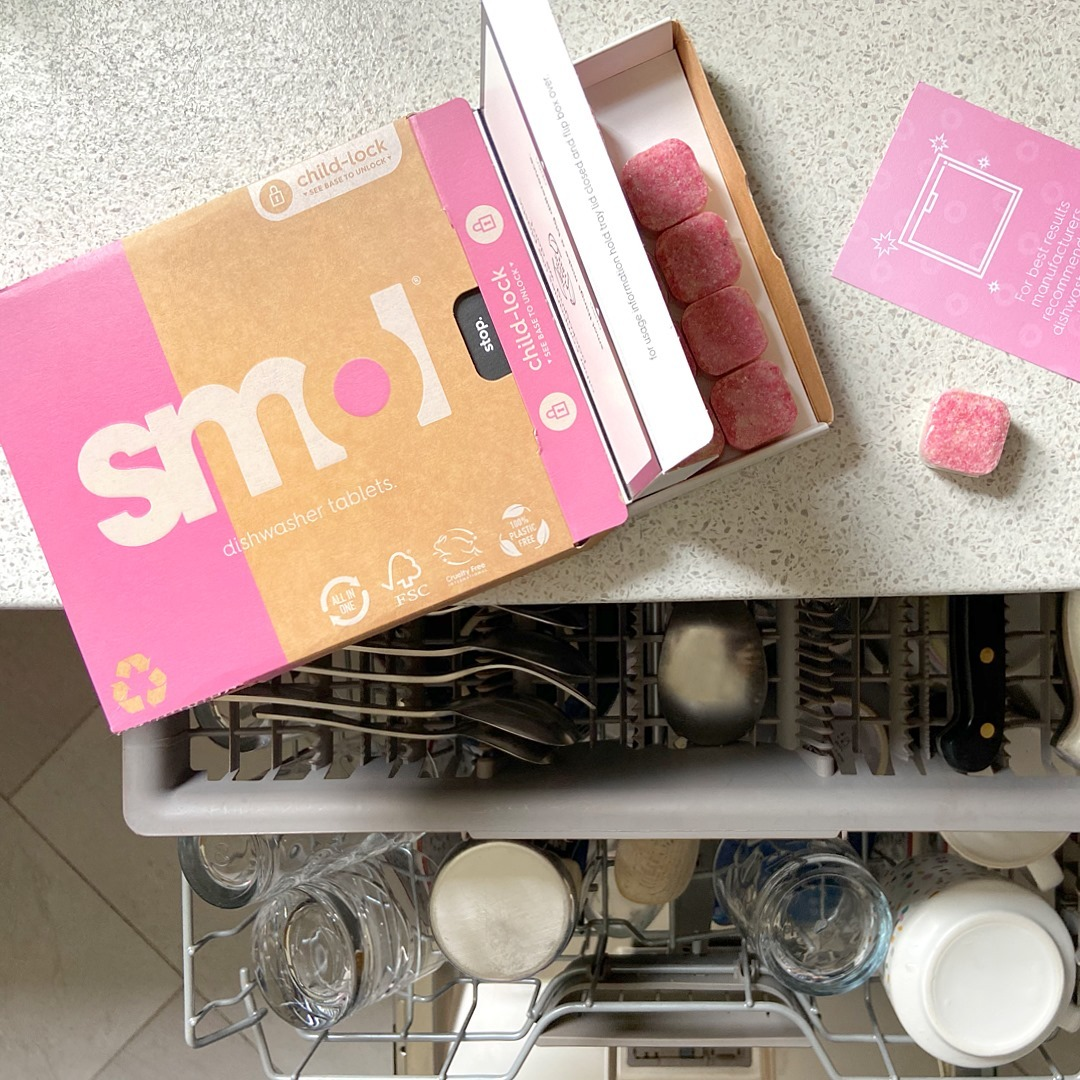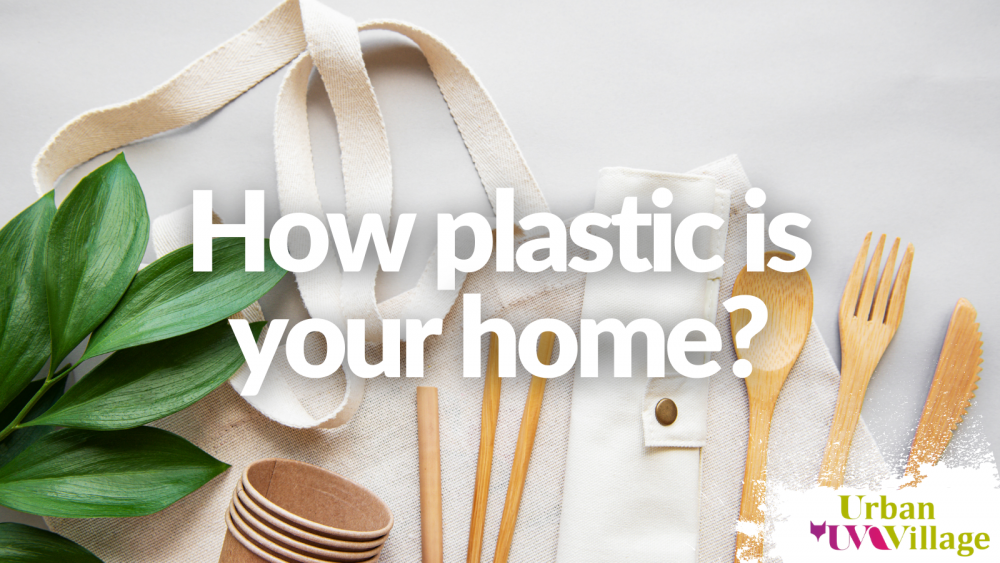- by Admin
- in Life Style
We love being environmentally friendly at Urban Village (see our other blog on the ways that you can make your home more sustainable) but even we’re still surprised by how easy it can be to swap out plastic for sustainable, eco-friendly alternatives.
A move to plastic-free materials can’t come soon enough; around five million tonnes of plastic is being used in the UK every year, nearly half of which is for packaging. When it comes to marine pollution, plastic is still the biggest sore point, with at least 8 million tonnes of it ending up in the sea every year and accounting for 80% of marine pollution.
As an independent estate agent, we’re well aware of the day-to-day activities renters and homeowners value most – but how can they make these activities plastic-free? Here are a few areas where you can ditch plastic in favour of eco-friendly alternatives.
Doing the laundry
 How often are you doing the laundry every week? It could be once or twice if you’re living alone, but if you have a family with kids running out this could be substantially higher. Washing clothes already has a dramatic effect on the environment, with plastic particles washed off synthetic clothes contributing up to 35% of the microplastic that is polluting our oceans.
How often are you doing the laundry every week? It could be once or twice if you’re living alone, but if you have a family with kids running out this could be substantially higher. Washing clothes already has a dramatic effect on the environment, with plastic particles washed off synthetic clothes contributing up to 35% of the microplastic that is polluting our oceans.
It’s therefore important to minimise our plastic consumption when purchasing laundry detergent. Smol is trying to do exactly that, delivering detergent capsules in plastic-free packaging that fits through your letterbox. Alternatively, you could plump for Tru Earth eco strips, which are considerably lighter than regular detergent (reducing carbon emissions from transportation) and packaged in a plastic-free compostable cardboard sleeve that doubles up as a shipping envelope.
Grooming yourself in the bathroom1.png)
Did you know that a plastic toothbrush can take around 400 years to decompose, while shower gel bottles can take 450 years? That’s according to research from Circular, which also claims that recyclable bathroom waste accounts for 30%-40% of total landfill waste in the UK.
Depending on how big your family is, a normal 250ml bottle of shower gel could last anywhere from a week to a month, leading to bottles piling up every year. AND TAKES 450 YEARS TO DISINTEGRATE! That’s 840 bottles of shower gel in an average persons lifetime at 450 years per bottle Perhaps consider buying long-lasting bars of soap to minimise packaging being thrown away, or you could opt to buy bathroom products that eliminate plastic packaging entirely. Hairy Jane uses plastic-free, refillable packaging for its naturally derived hair care products. What’s more, its products are registered with the vegan society and 100% cruelty free.
If you’re still using disposable toothbrushes, consider using a more sustainable alternative made from biodegradable bamboo, such as those offered by Save Some Green or The Environmental Toothbrush.
Washing up
Disposable scourers, sponges, cloths and brushes used in washing up add to your household’s plastic consumption. However, all of these items tend to have eco-friendly alternatives that don’t use plastic. Consider the Redecker wooden dish brush, for example, which is made from wood and natural fibres and features a replaceable head.
If you’re lucky enough to have a dishwasher, look for powder sold in cardboard boxes or brands focused on sustainability. EcoLeaf, for example, offers dishwasher tablets wrapped in water-soluble wrappers, or
biodegradable laundry liquid in recyclable bottles.
.png) Cleaning the house
Cleaning the house
There’s a vast array of different plastic bottles being used to perform different cleaning jobs around the house, from antibacterial spray to toilet cleaners. That’s why it’s great to buy bottles made from recyclable materials that can be refilled after use.
In this area, Method is leading the charge, using 100% recycled plastic in its cleaning and handwash bottles and working with ‘packaging engineers’ to minimise the amount of plastic used by the business. It also offers refills across its entire range, which it says offers a 78-82% water, energy and plastic savings versus buying a new bottle.
Sipping your morning coffee
For many homeowners and renters, coffee is a way of life. But nothing ruins a coffee more than knowing the bad impact it might be having on the environment. According to Moving Beans, over 300,000 aluminium and plastic coffee capsules are used in the UK alone each year, with around 95% going to landfill.
If you’re not willing to give up on gourmet coffee just yet, try Grind, which provides compostable pods provided in letter-box-friendly packaging, as well as a free refillable tin.
Cooking and food storage
There’s entire websites dedicated to eliminating plastic waste with tasty recipes that don’t break the bank. However, there’s also a wealth of sustainable storage methods to consider. Use beeswax wrap instead of clingfilm and stainless steel or glass containers to keep food fresh, and replace disposable sandwich bags with refillable ones for packed lunches.
When heading to the shops for more, try to buy loose fruit and vegetables, purchase items in bulk if you think you’ll be consuming them regularly, and don’t forget your reusable bags!
📸@smolproducts @hairyjayne @method_uk
